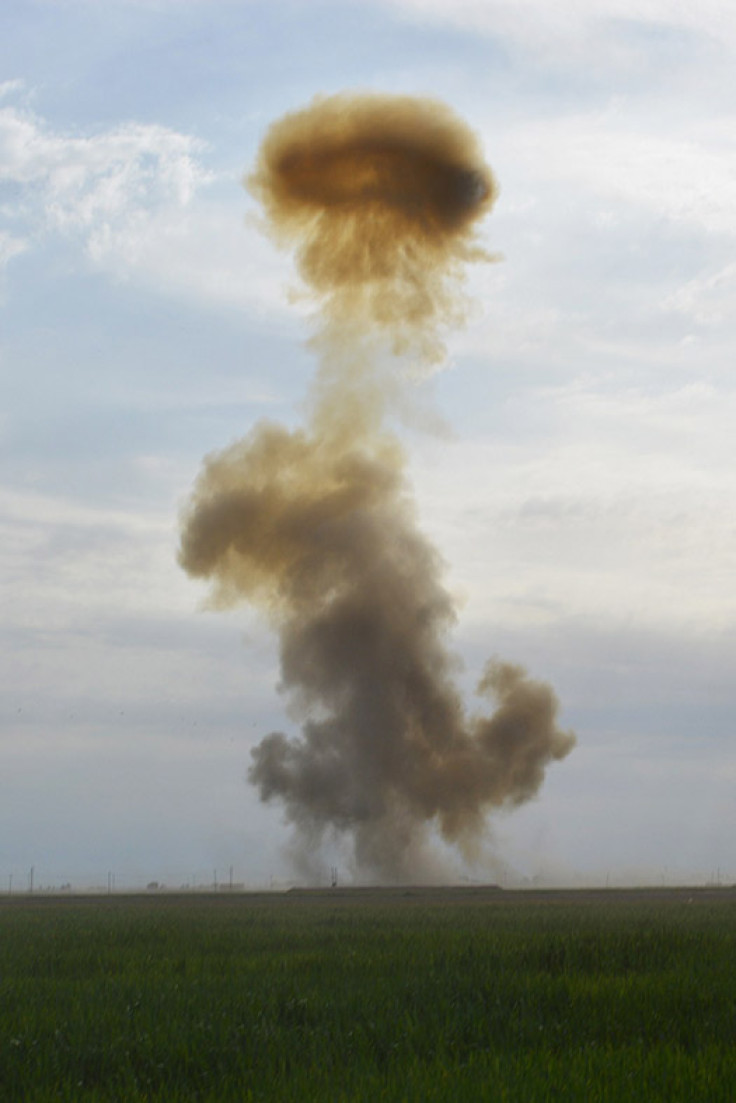Isis: Iraqi army 'has Tikrit surrounded' after key Islamic State-held towns are seized

Iraqi army units and Iranian-backed Shia militias have surrounded the city of Tikrit after seizing key Islamic State (Isis)-held towns over the past 24 hours. Dubai-based Al Arabiya News quoted front line Iraqi military sources, saying the home city of former dictator Saddam Hussein was "360 degrees surrounded".
On 10 March, the Iraqi Security Forces took control of Al-Alam, a town to the north of the city, which was a key supply route for the Islamic militants that took control of Tikrit in the summer of 2014. The operation, which includes Iraqi army units and thousands of Iranian backed Shia militia fighters, began earlier in March and aims to eventually liberate the northern City of Mosul.
Iraqi media reported that the Iraqi Security Forces were in full control of the Al Qadsa neighbourhood in the north of Tikrit as part of a four-pronged attack on the IS stronghold. Iranian state media claimed Shia militias had seized the neighbourhood of Al-Qadisiyah from IS and that the Islamist militants were now "besieged" in the centre of the city.
Sources said progress was slow in moving through previously IS-held areas due to bombs and booby traps left by fighters as they fled the area.
"We're very careful in our planning, especially because the [IS] strategy is based on planting explosive devices on the roads, houses, everything," a senior military commander of the Shi'ite forces, who are currently marching towards Tikrit, told the BBC.
The successes of the ISF and the militias come as Kurdish peshmerga forces in the north of Iraq continued to push IS out of Kirkuk, most of which is now in Kurdish control.
Aaron Balshan, an intelligence analyst specialising in Iraq at the Levantine Group, a Middle East-based risk consultancy, said that Tikrit will serve as a symbolic victory for the anti-ISIS coalition as it is the first Sunni city to be captured from the militants.
There have in the past been reports of human right violations by Shia militias, but the current offensive – made up of half Sunni and half Shia fighters – is an opportunity for the anti-ISIS force to demonstrate that it is pan-Iraqi and not a sectarian army, he said.
"It will serve as a great indication that they will be able to have success in Mosul," he said.
But Balshan said that while the ISF and militias had Tikrit surrounded, taking the heart of the city will be the real challenge over the next week.
"ISIS's strategy is to completely cover towns and cities in mines and booby traps, knowing that they will eventually be repelled. Over 70 per cent of casualties in the (Kurdish) peshmerga was due to mines. The consolidation of power (in Tikrit) will be a very long process," he said.
© Copyright IBTimes 2024. All rights reserved.






